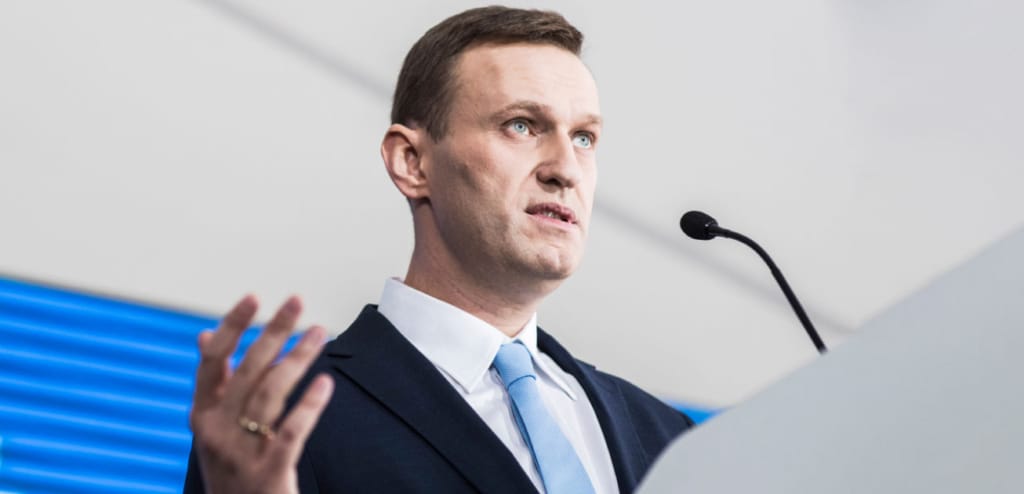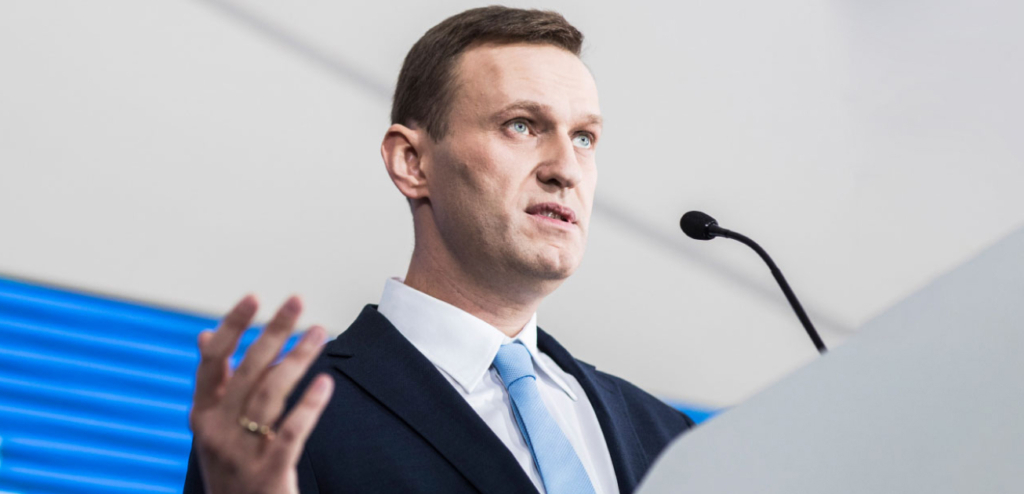
Why Navalny’s poisoning didn’t lead to street protests
There’s been little change in opposition leader Alexei Navalny’s condition this week. He remains in an induced coma on a ventilator after being taken ill in what almost everyone believes to be a case of poisoning. He is now being treated in a German hospital. Despite the dramatic events, the reaction, in Russia and abroad, has been comatose: there are no mass protests demanding the truth about what happened, nor Western promises of more sanctions. Why not?

- Last weekend, Navalny was finally removed from the hospital in Omsk where he was taken after collapsing on a flight home from Siberia. He is now in Berlin’s famous Charité hospital. His airlift to Germany only took place after a struggle: the Russian doctors initially claimed he was too sick to be moved. Many believe that the doctors, under political pressure, were playing for time to ensure no traces of poison remained in Navalny’s body. Media outlet Proekt reported that the Kremlin was so concerned about the situation that it was receiving direct updates from the Omsk doctors.
- Navalny remains in an artificial coma, hooked up to a ventilator. His condition is serious, but not thought to be life-threatening. Perhaps more significantly, there are still no answers to the big question: what actually happened? According to German newspaper Der Spiegel, Charité has made a secret appeal to the German military to use their chemical labs in the hope of identifying the poison. The newspaper also reported that Chancellor Angela Merkel is getting daily briefings on the case.
- The response from the Russian authorities has been predictable, and no criminal investigation has been opened into the incident. The only change has been rhetorical: official statements on the Kremlin website now refer to Navalny by name (rather than the previously preferred formulation of ‘some opposition politician’). This might mean the Kremlin is taking the situation more seriously.
- Perhaps surprisingly, there has been little sign of public anger, save a few heated exchanges on social media. Economist and Navalny ally Sergei Guriev said that “everyone knows [something like] this can happen”, and that protesting is particularly difficult in the current climate.
- Western countries have condemned Navalny’s poisoning and some – most obviously Germany – have acted to help. But this is unlikely to lead to sanctions, according to Konstantin Sonin, an economist at Chicago University. “People in Russia might find it hard to believe, but European governments try not to interfere in Russian politics,” he said. Sanctions on Russia are generally only used in response to foreign policy issues, like the annexation of Crimea. To impose sanctions over a domestic political struggle is “unimaginable”, said Sonin.
Why the world should care Navalny’s poisoning helps you understand three things: the appetite for protest in Russia; how seriously the Kremlin views Navalny; and the likelihood of Western support for the opposition.




